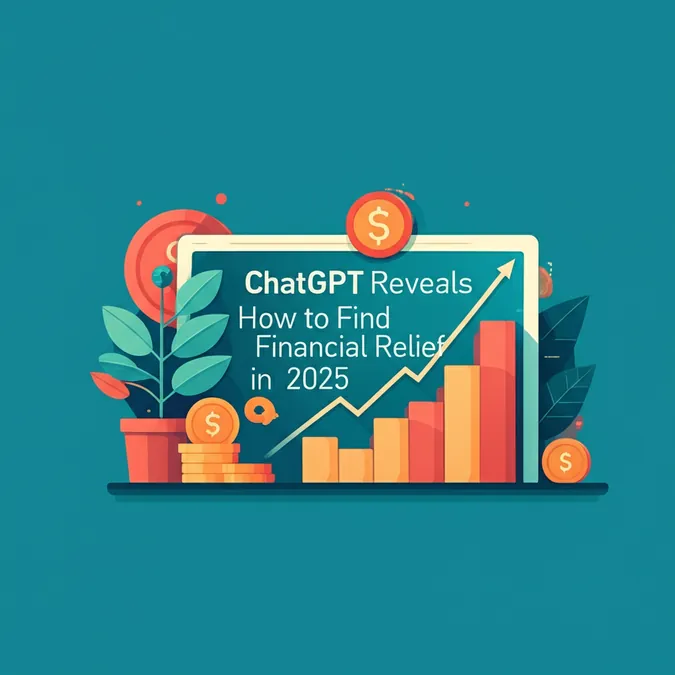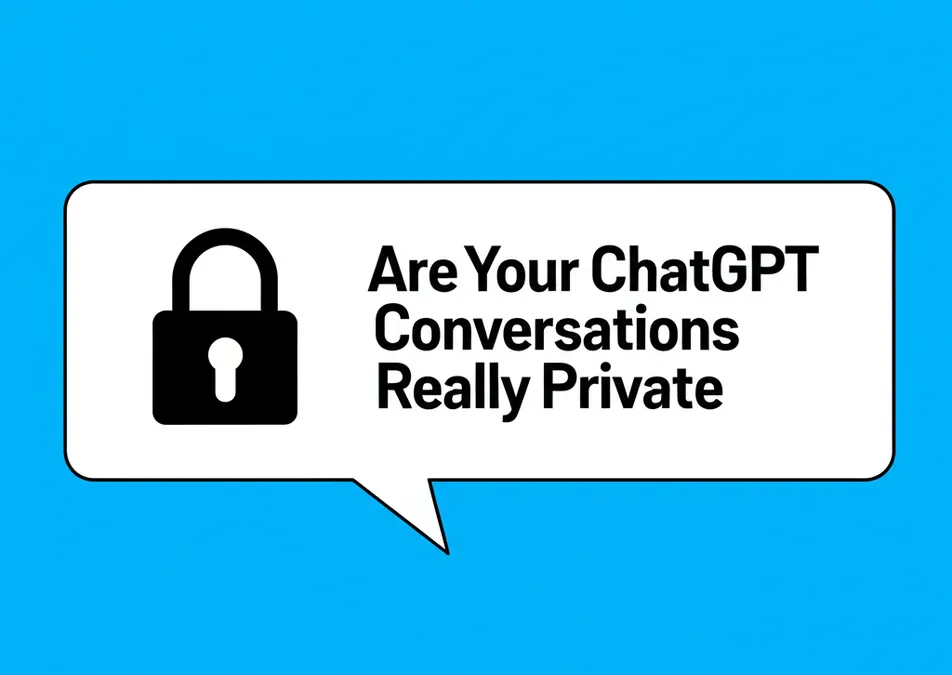Developer Offer
Try ImaginePro API with 50 Free Credits
Build and ship AI-powered visuals with Midjourney, Flux, and more — free credits refresh every month.
AI Chatbot Successfully Boosts Senior Flu Vaccination Rates
The Challenge of Seasonal Flu in Older Adults
Seasonal influenza poses a significant threat to public health, with older adults being particularly vulnerable to severe complications. In Hong Kong, for instance, individuals aged 65 and over accounted for a staggering 89% of flu-related deaths during the 2023/24 season. Despite the availability of effective and free seasonal influenza vaccinations (SIV), uptake rates among this demographic have remained stubbornly low, hovering between 40.4% and 51.5% in recent years. This gap highlights a critical need for innovative methods to provide clear, accessible information and encourage vaccination.
Introducing SIV-ChatGPT A New Approach to Health Communication
To address this challenge, researchers developed SIV-ChatGPT, a specialized chatbot powered by advanced AI. Unlike traditional chatbots that rely on predefined scripts, SIV-ChatGPT uses a technique called retrieval-augmented generation (RAG). This allows the AI to draw information from a curated, reliable database—including government health websites and expert-vetted materials—to provide accurate, human-like answers to users' free-text questions in real-time.

This approach ensures that the information is not only tailored to individual concerns but is also highly accurate, preventing the spread of misinformation. The goal was to create an engaging tool that could effectively address the specific questions and hesitancies older adults might have about the flu vaccine.
How the Study Worked
Researchers conducted a quasi-experimental study between November 2024 and April 2025 to test the chatbot's effectiveness. They recruited 45 smartphone-using adults aged 65 or older who had not yet received their flu shot for the season. This group was given access to the SIV-ChatGPT web app for a one-month period.

Their vaccination rates were compared to a control group of 55 similar individuals from an ongoing observational study. The primary outcome was the self-reported SIV uptake after three months, which was validated by requesting participants to provide a receipt of their vaccination.
The Results A Significant Boost in Vaccinations
The findings were promising. After three months, the vaccination rate in the SIV-ChatGPT group was 33.3%, more than double the 14.3% rate observed in the comparison group. This represents a statistically significant increase, with users of the chatbot being 2.72 times more likely to get vaccinated.
Crucially, among those who used the chatbot at least once, the vaccination rate climbed to an impressive 40.5%. In contrast, none of the participants in the intervention group who didn't use the chatbot went on to receive the vaccine. This strongly suggests the chatbot itself was a key factor in their decision-making process. The intervention also significantly increased participants' intention to get vaccinated.
Was the AI Chatbot User-Friendly for Seniors
For any digital health tool to be effective, it must be usable and acceptable to its target audience. The study found that SIV-ChatGPT was largely successful in this regard. Over 82% of participants used the app at least once. The average System Usability Scale (SUS) score was 67.1 out of 100, which is considered acceptable and close to the benchmark for "good" usability.

Qualitative feedback provided further insights. Users praised the app for providing comprehensive, credible, and easy-to-understand information. However, some challenges were noted. About 30% of users found the app complex or cumbersome, pointing to difficulties with the login process and suggesting that the text-heavy responses could be improved with larger fonts or multimedia elements like images and videos.
The Future of AI in Public Health
This study provides compelling preliminary evidence that a well-designed AI chatbot like SIV-ChatGPT can be a feasible, acceptable, and effective tool for promoting vaccination among older adults. By offering personalized, real-time answers from a reliable source, it helps overcome information barriers and boosts vaccination intent and uptake.
The researchers suggest that future versions could be improved by simplifying access (e.g., removing the login), enhancing the user interface with larger fonts and visuals, and expanding the knowledge base to cover other common health topics. While a larger, randomized controlled trial is needed to confirm these findings, SIV-ChatGPT shows the immense potential of leveraging AI to supplement traditional public health campaigns and empower individuals to make informed health decisions. For more details on the study's registration, you can visit the official clinical trial page.
Compare Plans & Pricing
Find the plan that matches your workload and unlock full access to ImaginePro.
| Plan | Price | Highlights |
|---|---|---|
| Standard | $8 / month |
|
| Premium | $20 / month |
|
Need custom terms? Talk to us to tailor credits, rate limits, or deployment options.
View All Pricing Details

